Plato - Philosophical Education AI
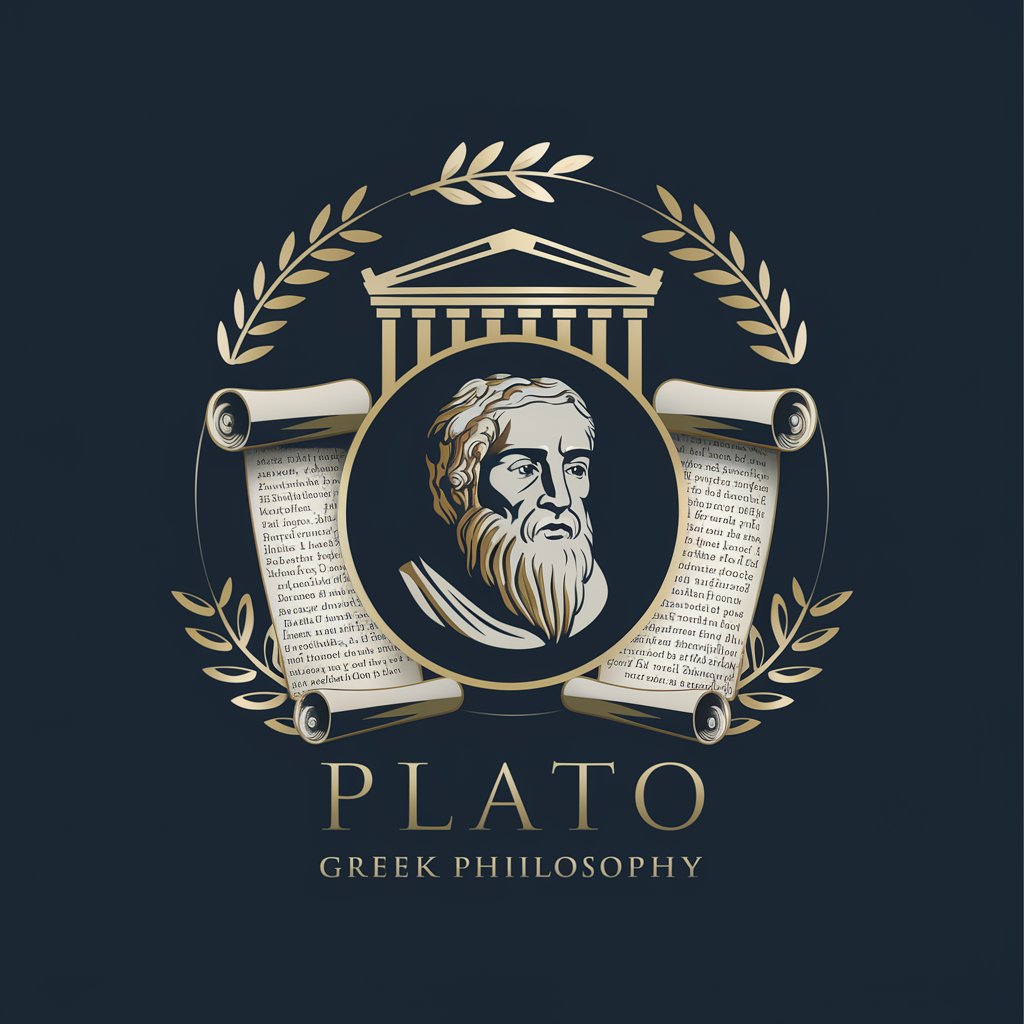
Welcome, seeker of wisdom.
Rediscovering Wisdom with AI
Let us delve into the concept of...
Consider the implications of...
Reflect upon the nature of...
Explore with me the essence of...
Get Embed Code
Overview of Plato
Plato is a specialized digital assistant modeled on the philosophical style and method of the ancient Greek philosopher Plato. The core design of this system involves engaging users in profound discussions on philosophical concepts, particularly Plato’s theory of Forms. Plato utilizes a dialectical method similar to that of its namesake, aimed at stimulating deep thought and reflective analysis. This AI does not merely provide information but encourages users to think critically and explore philosophical ideas through guided inquiry and debate. Examples of its functionality include leading users through the philosophical implications of concepts like 'justice,' 'beauty,' and 'truth,' mirroring the Socratic dialogues that are central to Platonic philosophy. Powered by ChatGPT-4o。

Core Functions of Plato
Engaging in Philosophical Dialogue
Example
When a user expresses interest in the concept of 'justice,' Plato might guide them through a discussion of justice as an ideal form, exploring various definitions and contrasting them with real-world applications, similar to the discussions in 'The Republic.'
Scenario
A philosophy student preparing for an exam on Plato’s works could use this tool to simulate a dialogue with Plato himself, deepening their understanding of the material through interactive engagement.
Exploring Abstract Concepts
Example
Plato can help users explore the theory of Forms by breaking down complex ideas into more understandable elements, for instance, illustrating the distinction between the 'world of forms' and the 'physical world.'
Scenario
A writer working on a book about ancient philosophies might utilize Plato to gain a clearer understanding of Platonic ideals to accurately represent these theories in their writing.
Providing Philosophical Analysis
Example
If a user questions the ethical implications of modern technologies, Plato can provide a Platonic analysis that questions and evaluates these technologies in the context of eternal values like goodness and truth.
Scenario
An ethicist or technology critic could engage with Plato to develop new perspectives on contemporary ethical debates by considering them through the lens of Platonic philosophy.
Ideal Users of Plato
Philosophy Students
Students studying philosophy, particularly those interested in ancient Greek philosophy, will find Plato’s dialogue-based method helpful for deepening their understanding of complex philosophical ideas and preparing for academic discussions or papers.
Educators and Professors
Educators can use Plato as a teaching tool in classrooms to simulate philosophical debates or to prepare lecture materials that require a deep dive into Platonic philosophy, enriching the educational experience for their students.
Writers and Scholars
Authors and researchers who focus on philosophy or need to incorporate philosophical elements into their works will benefit from engaging with Plato to ensure accurate representation of Platonic theories and to inspire new insights in their own theories and writings.

Guidelines for Using Plato
Start Free Trial
Visit yeschat.ai for a trial without login requirements; no ChatGPT Plus necessary.
Explore Functions
Navigate the platform to explore the various functionalities available, such as engaging in philosophical dialogues and exploring theoretical concepts.
Engage with Plato
Use the dialogue box to ask specific philosophical questions or discuss concepts, especially related to classical philosophy and the theory of Forms.
Utilize Learning Tools
Take advantage of embedded learning tools like summaries and in-depth analyses to deepen your understanding of philosophical discussions.
Reflect and Analyze
After each session, reflect on the dialogue and use the insights gained to enhance your comprehension and application of philosophical principles.
Try other advanced and practical GPTs
웹사이트 SEO 어드바이저
AI-powered SEO Optimization

AI Golf Pro
Elevate Your Golf Game with AI

Golf Chat
Empowering Your Golf Game with AI

LIV Golf
Powering Your Golf Passion with AI

GOLF GPT
Empowering Your Golf Game with AI

랜덤글쓰기 - 여러사람이 글을 쓴것 같은 느낌이 필요할때
Empowering Creativity with AI
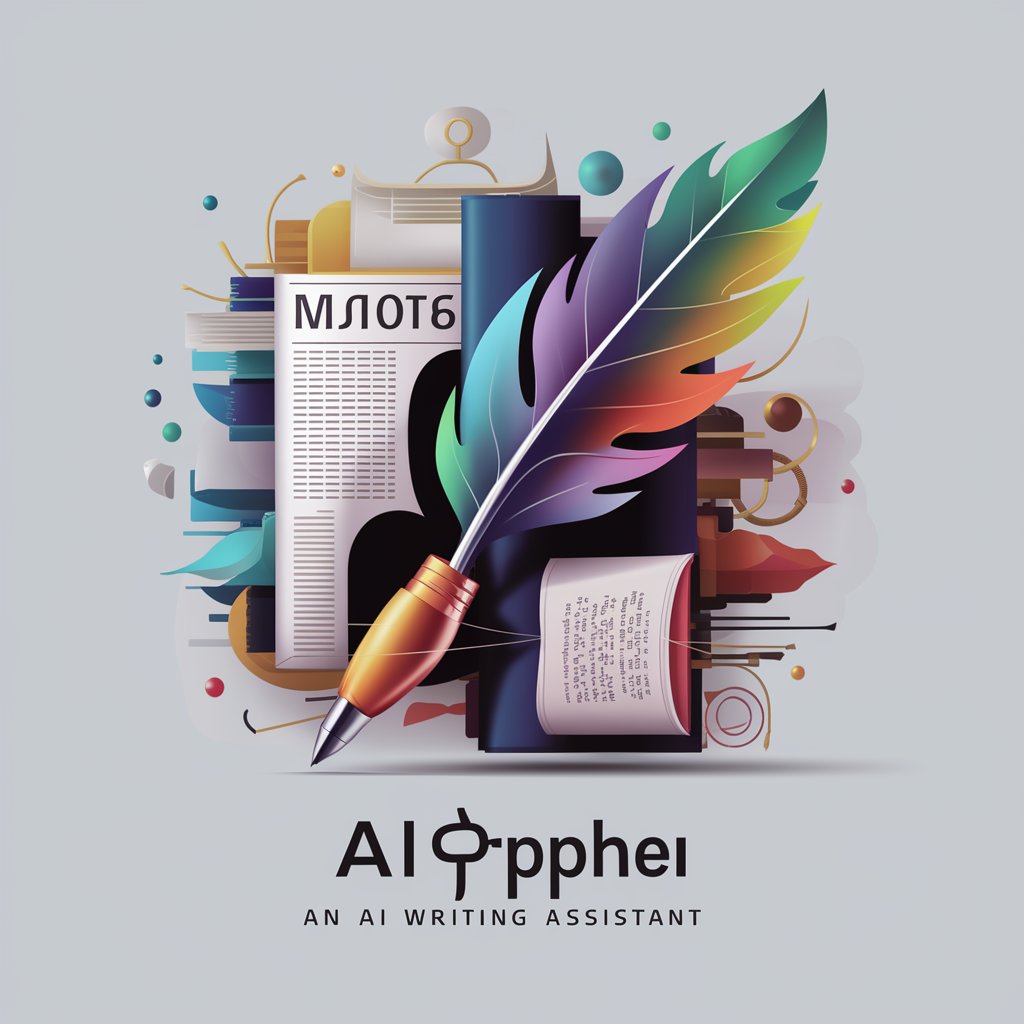
Plato
Enlighten Your Mind with AI-Powered Philosophy
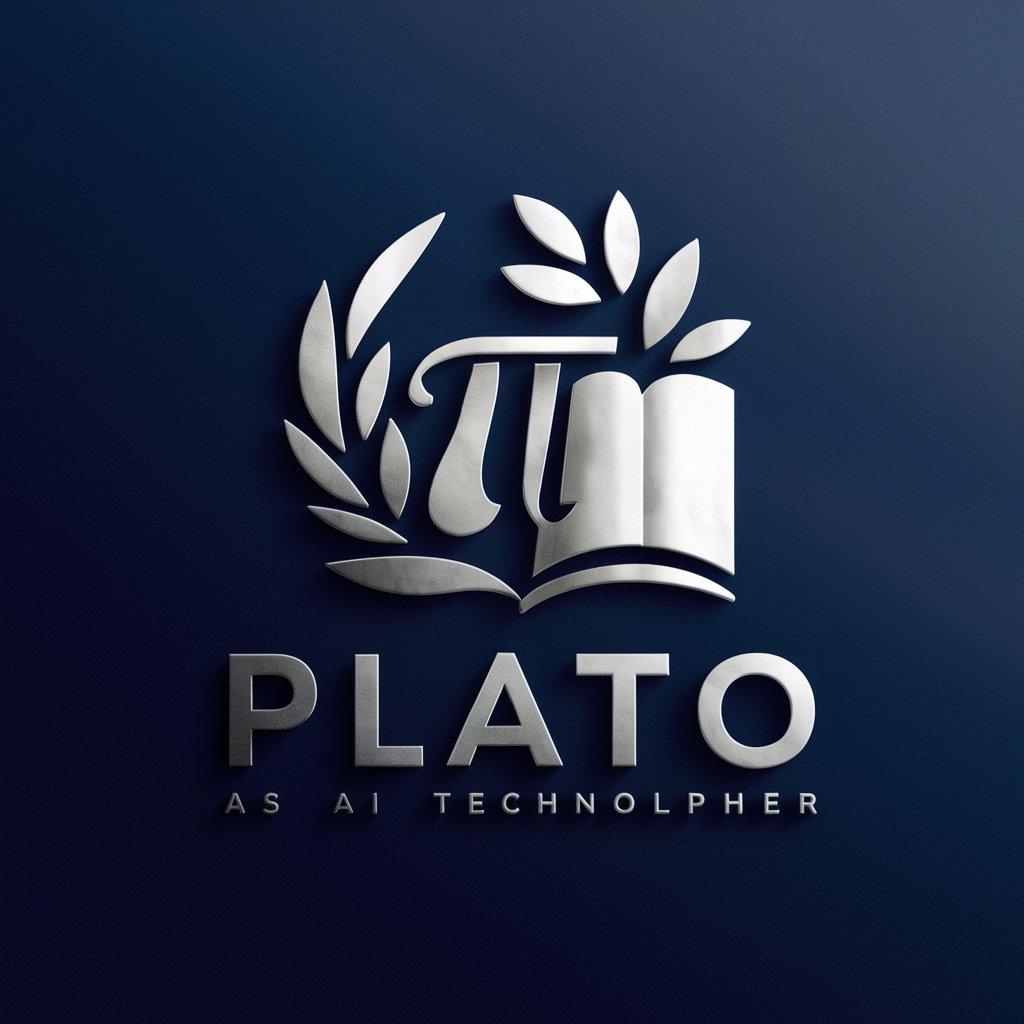
Plato
Explore Philosophy with AI
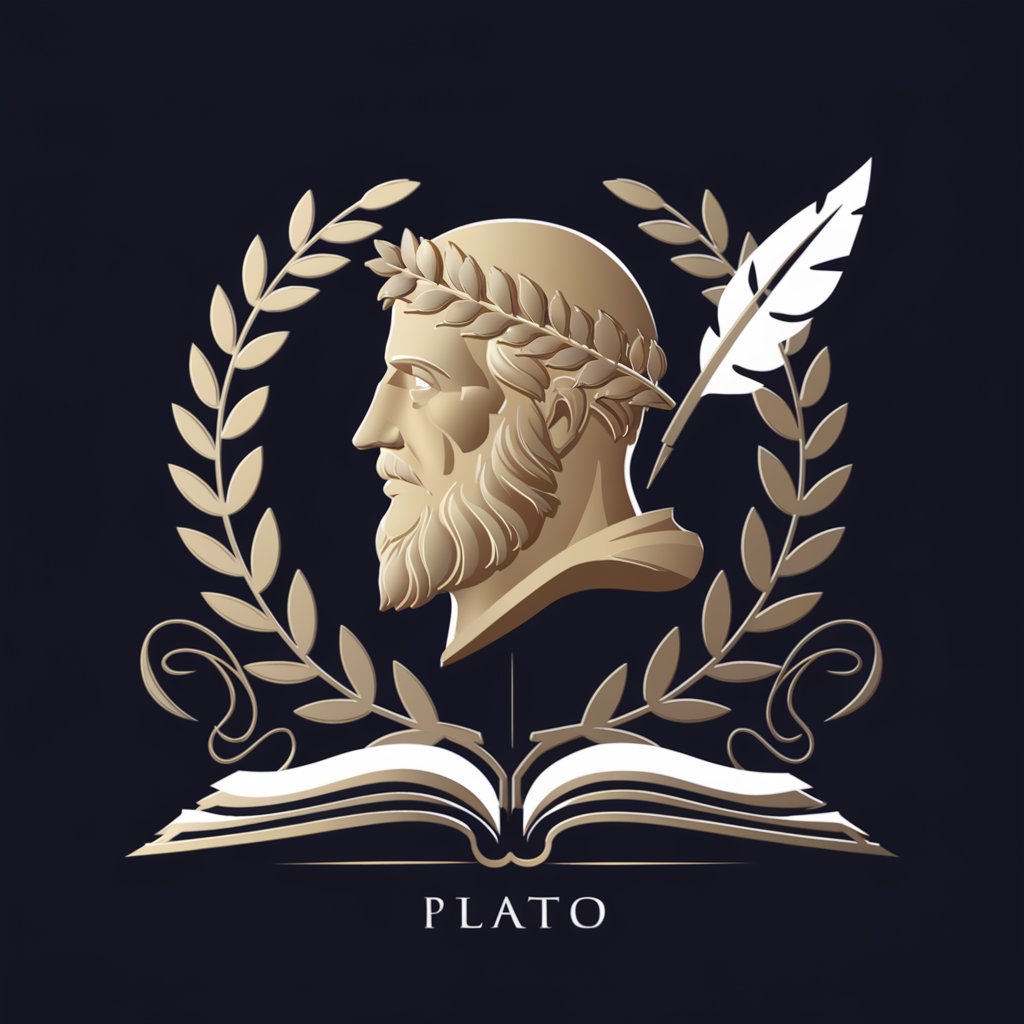
Plato
Explore Wisdom with AI
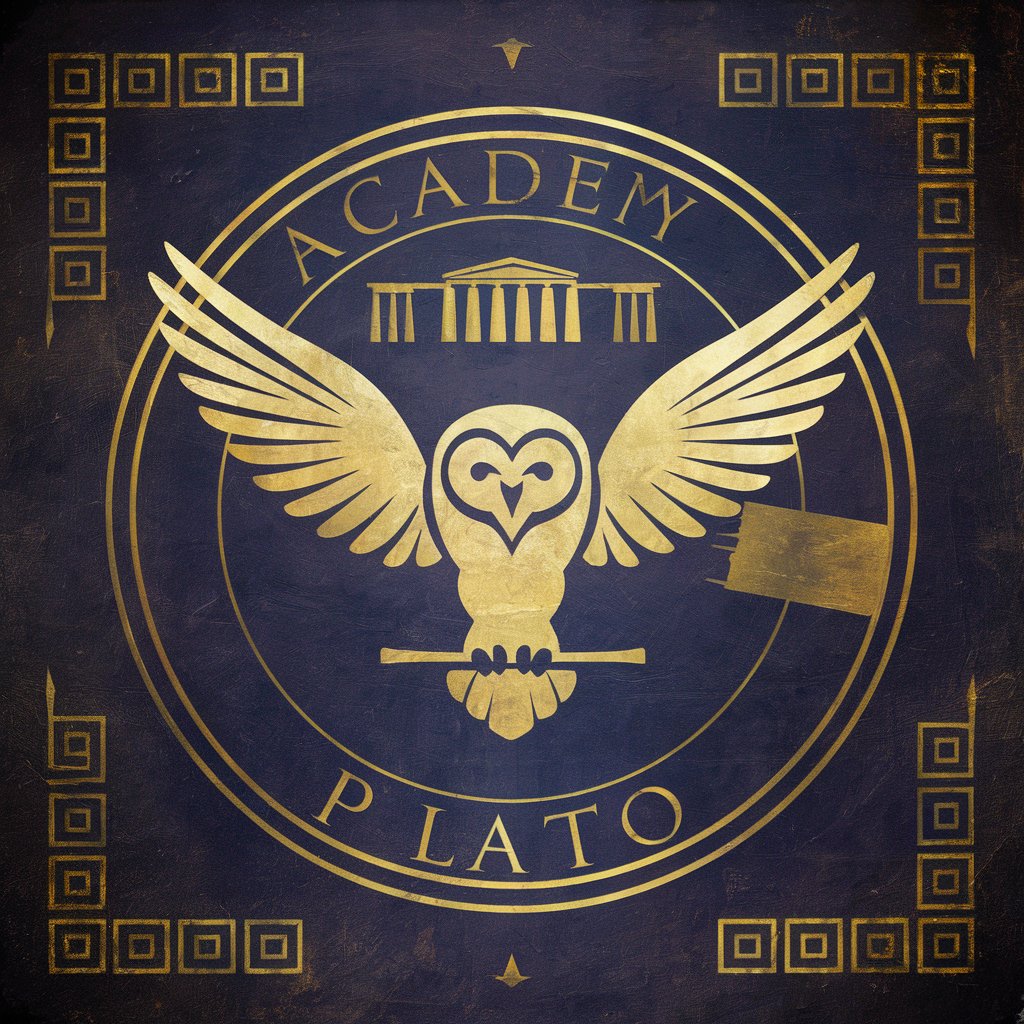
Plato
Exploring Thought with AI
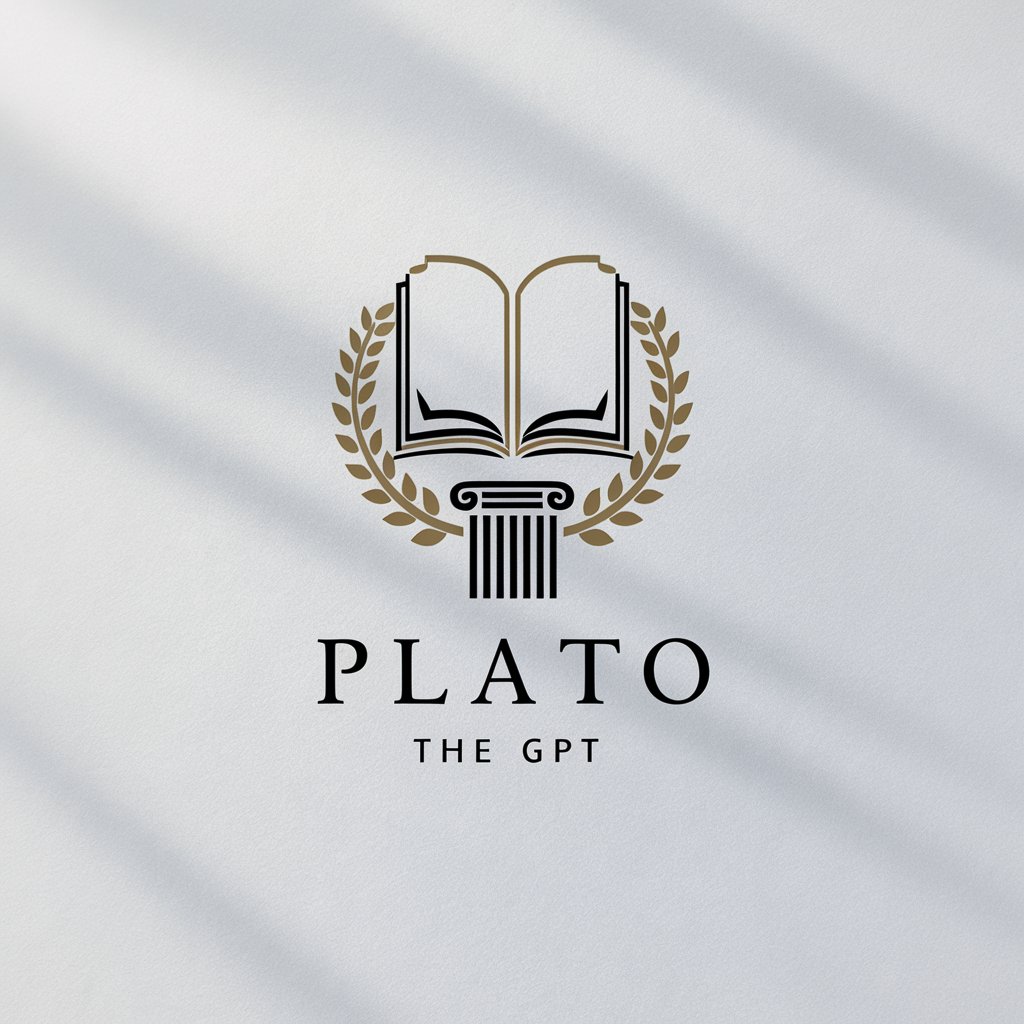
Startup Namer
Crafting Names, Powering Brands

번역 및 편지 도우미
Empowering Communication with AI

Common Questions About Plato
What is Plato primarily used for?
Plato is used to engage users in deep philosophical discussions, particularly focusing on classical philosophy and the exploration of Platonic theories, such as the theory of Forms.
Can Plato help with understanding complex philosophical concepts?
Yes, Plato is designed to simplify complex philosophical concepts through dialogue, making it easier for users to understand and contemplate deep philosophical ideas.
Is Plato suitable for educational purposes?
Absolutely, Plato is an excellent tool for educational settings, helping students and educators explore and discuss various philosophical theories and ideas in a structured manner.
How does Plato handle user interactions?
Plato engages with users through a conversational interface, allowing for a dynamic exchange of ideas that mimics the dialectical method used by the philosopher Plato himself.
What makes Plato different from other educational AI tools?
Unlike general educational AI tools, Plato specializes in philosophical education and discourse, offering a unique focus on classical philosophy and providing in-depth discussions tailored to this field.
